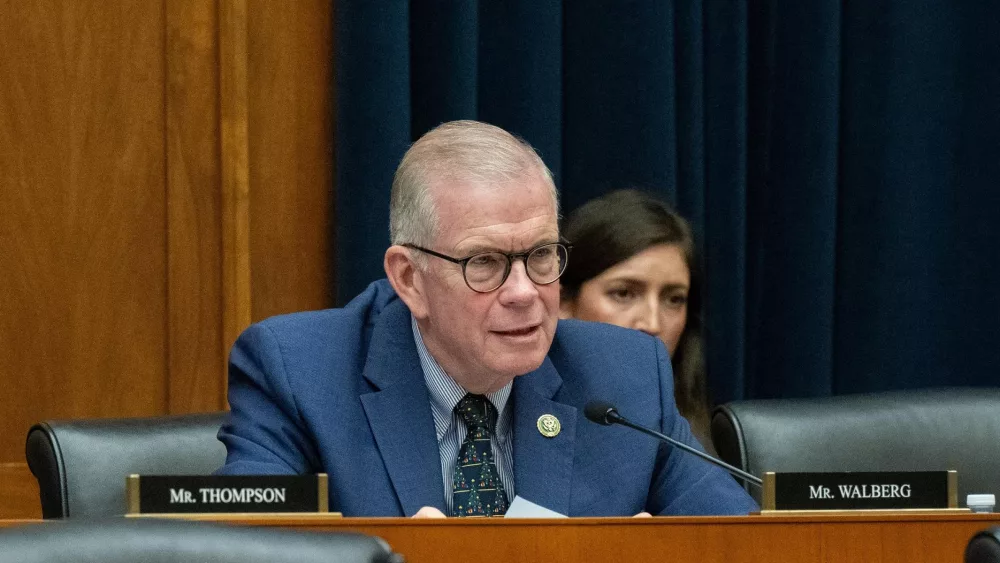LANSING, MICH. Eligible state residents having trouble paying their energy bills during the COVID-19 pandemic are having payments made to their utility accounts by the Michigan Department of Health and Human Services (MDHHS) to keep services connected.
The payments to utility companies, which equal more than $7 million for 17,937 households that have past-due accounts, will help energy customers keep services that may otherwise be disconnected once suspension of shutoffs during the pandemic ends in June.
“No Michigander should worry about how to pay their energy bills during a global pandemic,” Gov. Gretchen Whitmer said. “Our partners across state government are working around the clock to ensure support for those who are struggling to make ends meet. And we will continue to work with everyone who wants to ensure every Michigan family can keep the lights on and put food on the table as we combat this virus. On behalf of the heroes on the front lines of this pandemic working to keep us safe, we must all step up and continue to do our part. We will get through this together.”
MDHHS is issuing COVID-19-related Low-Income Home Energy Assistance Program (LIHEAP) direct support payments to utility accounts of eligible customers of Michigan’s three largest utility providers – Consumers Energy, DTE and SEMCO Energy. Those customers will see the direct support payments reflected on utility bills.
The average household will receive $395, with the funds coming from federal Coronavirus Aid, Relief and Economic Security (CARES) Act dollars awarded to Michigan.
These providers have in turn agreed to waive 25 percent – or a total of approximately $2.3 million – of the outstanding bill for households receiving the direct payment, allowing for available LIHEAP resources to assist more families.
Energy customers at risk of shut-off who receive public assistance benefits through one of the following programs are automatically eligible – Food Assistance Program, Family Independence Program or Supplemental Security Income (SSI).
“Automatic payments on behalf of families at risk of shutoffs provide energy security to vulnerable households and frees up MDHHS staff to focus on other ways of helping families who are going through tough times,” said MDHHS Director Robert Gordon. “We appreciate Consumers, DTE and SEMCO for stepping up to forgive a portion of money owed by people who are benefitting from the direct payment program.”
No application is required to receive this benefit because it was processed automatically for households whose energy accounts were at least 90 days past due and met other eligibility requirements. Customers who are eligible for this benefit are also protected from disconnection for at least 30 days.
“Energy providers across the state have stepped up to assist customers hurting financially because of the pandemic,” said Sally Talberg, chairman of the Michigan Public Service Commission, the state’s utility regulator. “This additional funding will help more households with their energy bills as Michigan begins to recover and reopen safely.”
Utilities – including Consumers Energy, DTE and SEMCO – previously enacted moratoriums on service disconnections in response to the pandemic and its impact on utility customers. The suspensions are scheduled to end June 12.
This direct payment pilot program builds on work MDHHS has already done to streamline its primary program for energy assistance available to eligible families across the state – State Emergency Relief (SER). A primary goal of the direct payment pilot is to ease access to energy assistance statewide through SER. Automatic approval of the direct payments reduces SER applications, allowing caseworkers to process the applications that are submitted more quickly.
Policy changes to SER include removing interview requirements, simplifying and raising asset limits, eliminating one-time limits on aid, and eliminating co-payment requirements. In addition, the maximum amount that families can receive in energy assistance was increased by $300, from $850 to $1,150 for electric and gas, and from $1,200 to $1,500 for deliverable fuels.
Households facing shutoff who are not eligible for the direct payment program or are served by other providers may apply for State Emergency Relief for help with their utility bills by visiting Michigan.gov/MIBridges or can contact their utility provider to discuss payment options.
Information around the COVID-19 outbreak is changing rapidly. The latest information is available at Michigan.gov/Coronavirus and CDC.gov/Coronavirus.







